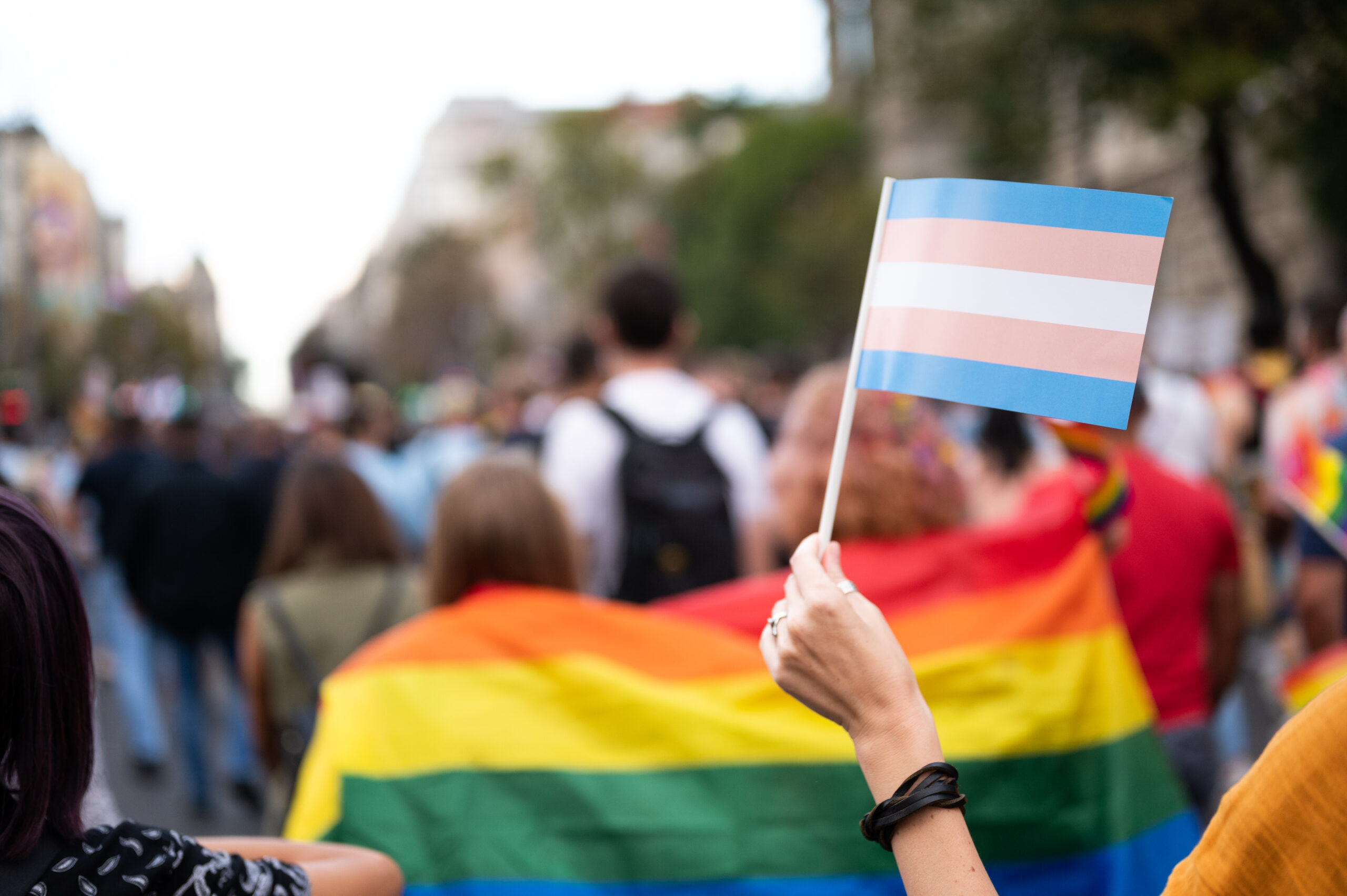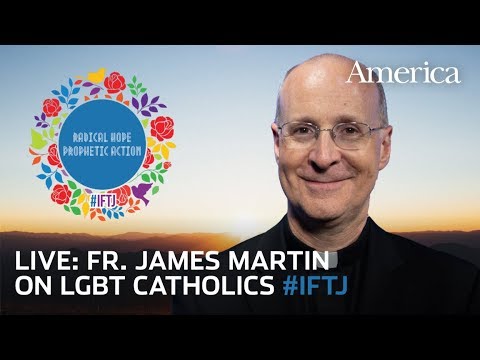Editor’s note: This article is part of our ongoing coverage of the Vatican declaration “Dignitas Infinita.” In a spirit of synodality, we have invited authors with a range of views on gender identity and its relation to Catholic teaching to present analysis and opinion. We invite you to read more of our coverage, including:
- “Dignitas Infinita” falters when it doesn’t practice what it preaches
- “Dignitas Infinita” asks the church to consider the experiences of transgender people
- Vatican condemnation of “gender theory” a moment of whiplash for LGBTQ Catholics
- Papal biographer: Vatican is right on gender theory, but the church must walk with transgender people
- Transgender Catholics call the church to listen, says this Franciscan sister
- In “Dignitas Infinita,” the Vatican quarrels with a theory of its own making
In recent years, LGBTQ topics in the Catholic Church have been hotly discussed, with transgender people often finding ourselves at the center of the most contentious debates. With the publication of “Dignitas Infinita” this week, many transgender Catholics and their friends and families feel like the church has sowed some confusion about the lived experience and reality of transgender and intersex people.
Reading the document, I immediately noticed the term “gender ideology,” a phrase that has often been used by critics who want to paint the transgender community as a group of radical leftist activists. It was disheartening to see that phrase used so often, which suggested to me it is likely that no transgender people were consulted. Transgender people were not even mentioned by name in the declaration.
In the sections of “Dignitas Infinita” titled “gender theory” and “sex change,” it was painful to see the church speaking on a topic in a way that didn’t feel fully researched, knowing that there are plenty of transgender Catholics they could have spoken to in order to gain a better understanding of the transgender experience. In other words, there was plenty of theological reflection but seemingly little reflection from transgender people’s lived experiences
There was plenty of theological reflection but seemingly little reflection from transgender people’s lived experiences.
And yet, as a transgender man, a lifelong Catholic and someone who has experienced amazing grace by being true to my identity and sharing my story with other Catholics, I remain hopeful.
Transgender people have existed throughout human history—and we have been given places of honor in cultures that recognize our unique gifts. Yet we are often treated as a modern invention or as members of a group pushing an “ideology.” This view of the transgender community both ignores history and glosses over the beautiful and unique diversity that we bring to the world just by being who we are, through our imago Dei, created “in the image of God.”
My personal faith journey has shown me that LGBTQ identities are a gift from God, one that helps the entire community grow in openness and love. In sharing my identity with others, I have met some of my closest friends, and connected with people across the country and the world who are all walking the same faith journey. Affirming the dignity of the LGBTQ community, and transgender people in particular, means respecting the names and pronouns an individual chooses to use, and recognizing the courage it takes to share your deepest identity with the community.
Transgender and nonbinary people are beautiful illustrations of spirituality beyond the binary.
Transgender and nonbinary people are beautiful illustrations of a spirituality that exists beyond the binary. After all, Catholics profess belief in a Triune God who is not limited by dualism. New scientific evidence and modern medical understanding does not need to be viewed as a threat. In living as our authentic selves, LGBTQ people make society and the church better by sharing our unique gifts, perspectives and ourselves with the community. A safe and supportive community is one where everyone—not just LGBTQ people—have the opportunity to be true to themselves.
The beauty and variety of the natural world, including the unique gift of each human life, reveals that God delights in and loves diversity. Experiencing the profound beauty of my own social, and then medical, transition has convinced me of that. From the joy of being called by my name to each new hair growing on my cheeks, I experienced a profound embodiment. I felt as if I had “come home” to my human body, an experience that gave me a deeper appreciation of the incarnation of Jesus and the importance of God physically entering the world in a human body. I now feel I can share in that profound mystery.
I enjoy sharing the true beauty of my transgender identity with my church community, including the rich history and modern medical understanding. Allies can explore and share this information as well, focusing on supporting the transgender people in our communities rather than concerning ourselves with debates about “gender ideology.”
Let us recognize the face of Jesus in the transgender people we encounter.
Sharing in the beautiful diversity of God’s creation by focusing on the gift of transgender people has not only strengthened my faith, but also helped me to understand more about the loving nature of God.
Debates and misinformation about “gender ideology” will no doubt rage on, but Catholics will continue to have an opportunity to affirm the dignity of the actual transgender people in our communities—just as Pope Francis has done many times pastorally—with a welcoming spirit that seeks to learn more. As we welcome and include those with different experiences, let us recognize the face of Jesus in the transgender people we encounter.



